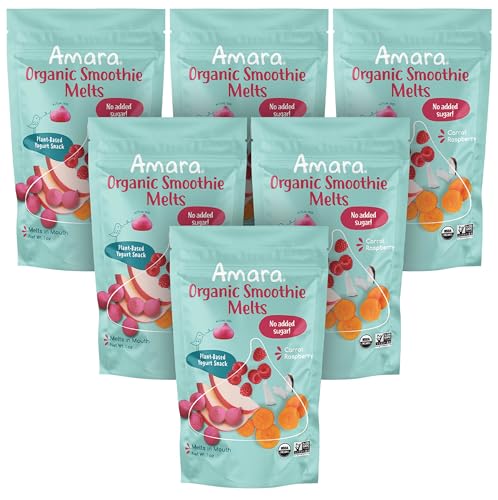KelleyBee
Well-known member
I’m sorry to say the disease has not only made it to my state, but it is only one county over from me. My babies are off the ground, but I know that’s not enough to protect them. Do we have an ongoing list of measures people suggest we take to protect our herds? Or, should we start such a thread?
https://www.msn.com/en-us/news/us/g...-positive-tests-in-fayette-county/ar-AA113Mxq
https://www.msn.com/en-us/news/us/g...-positive-tests-in-fayette-county/ar-AA113Mxq
Last edited:


















































